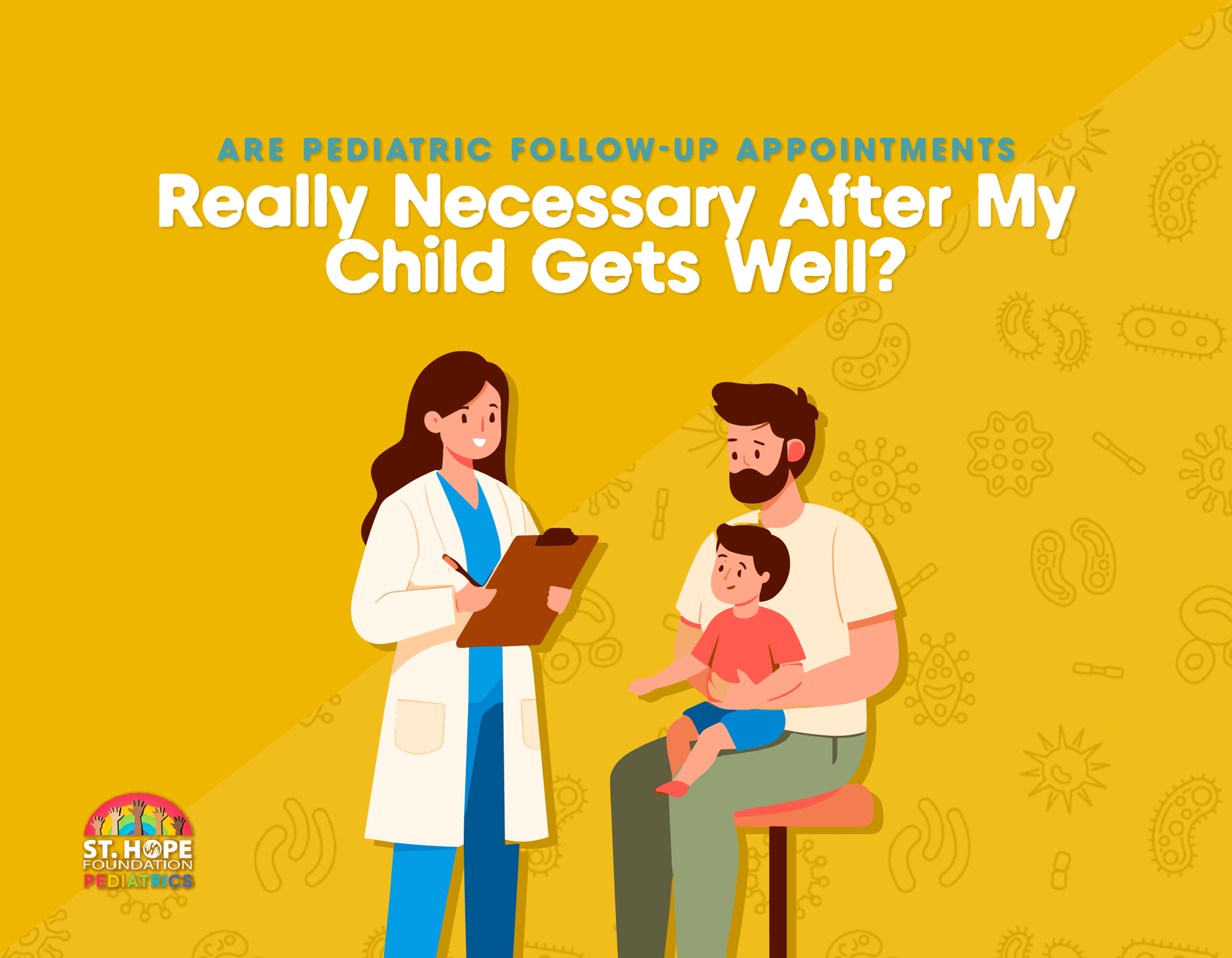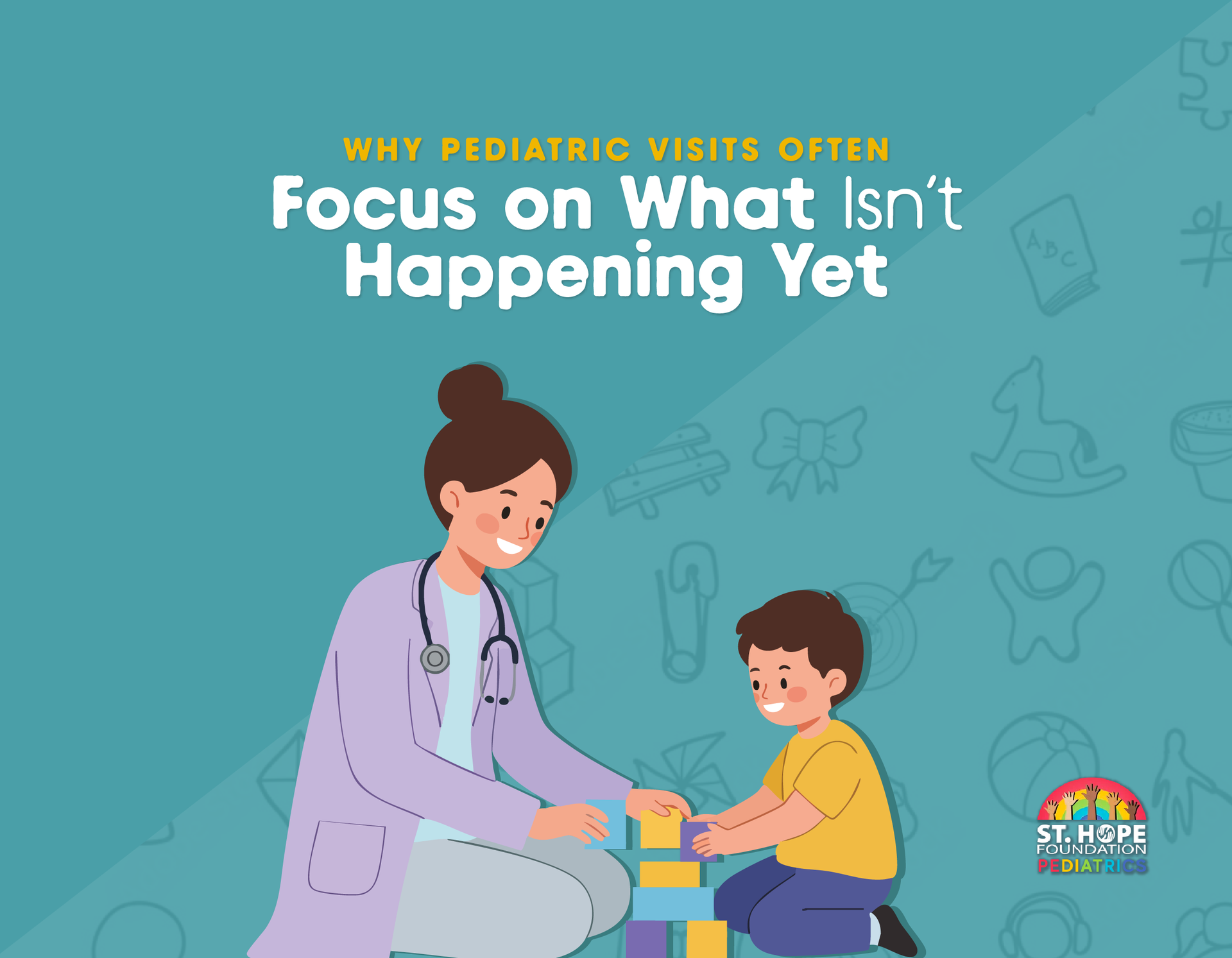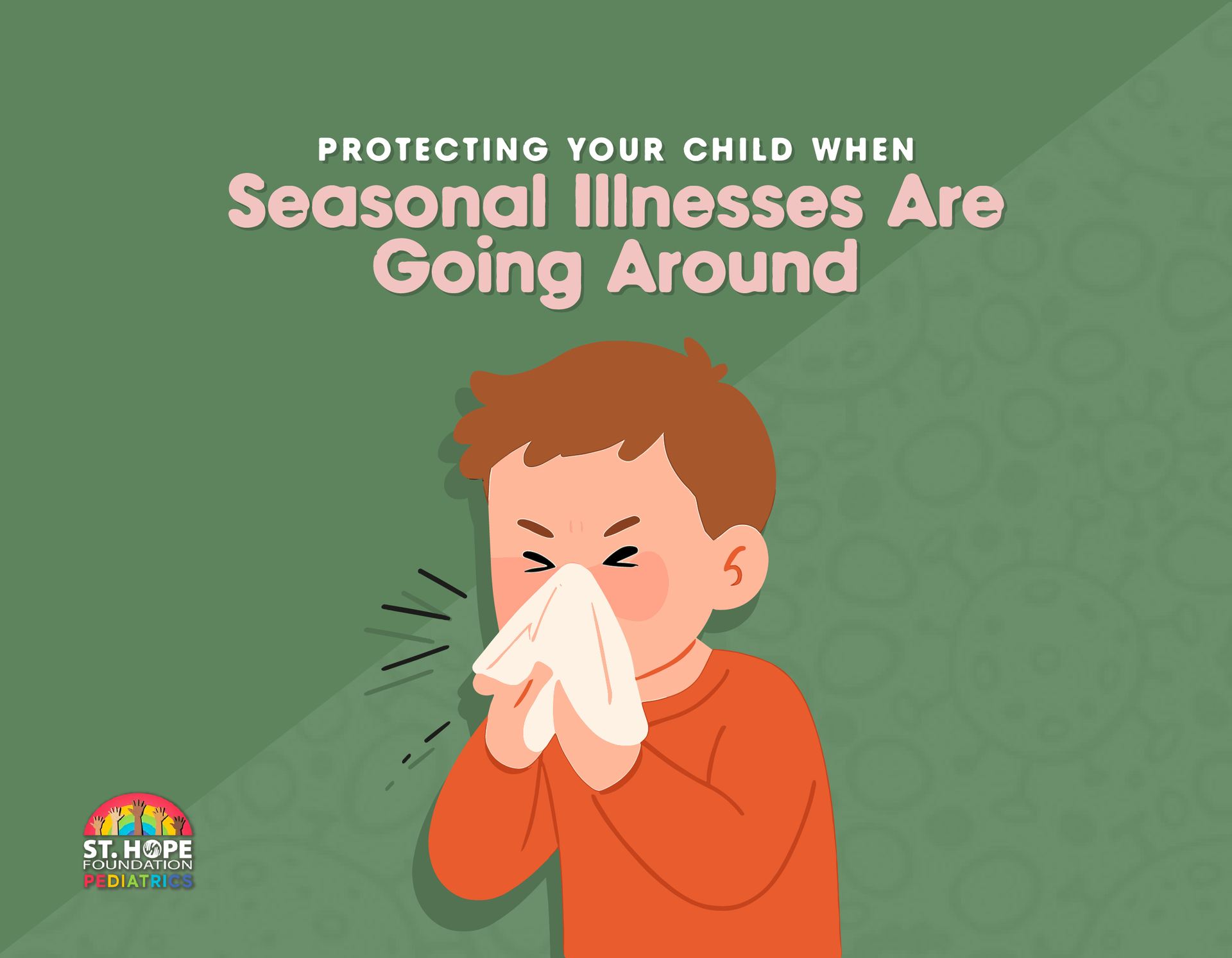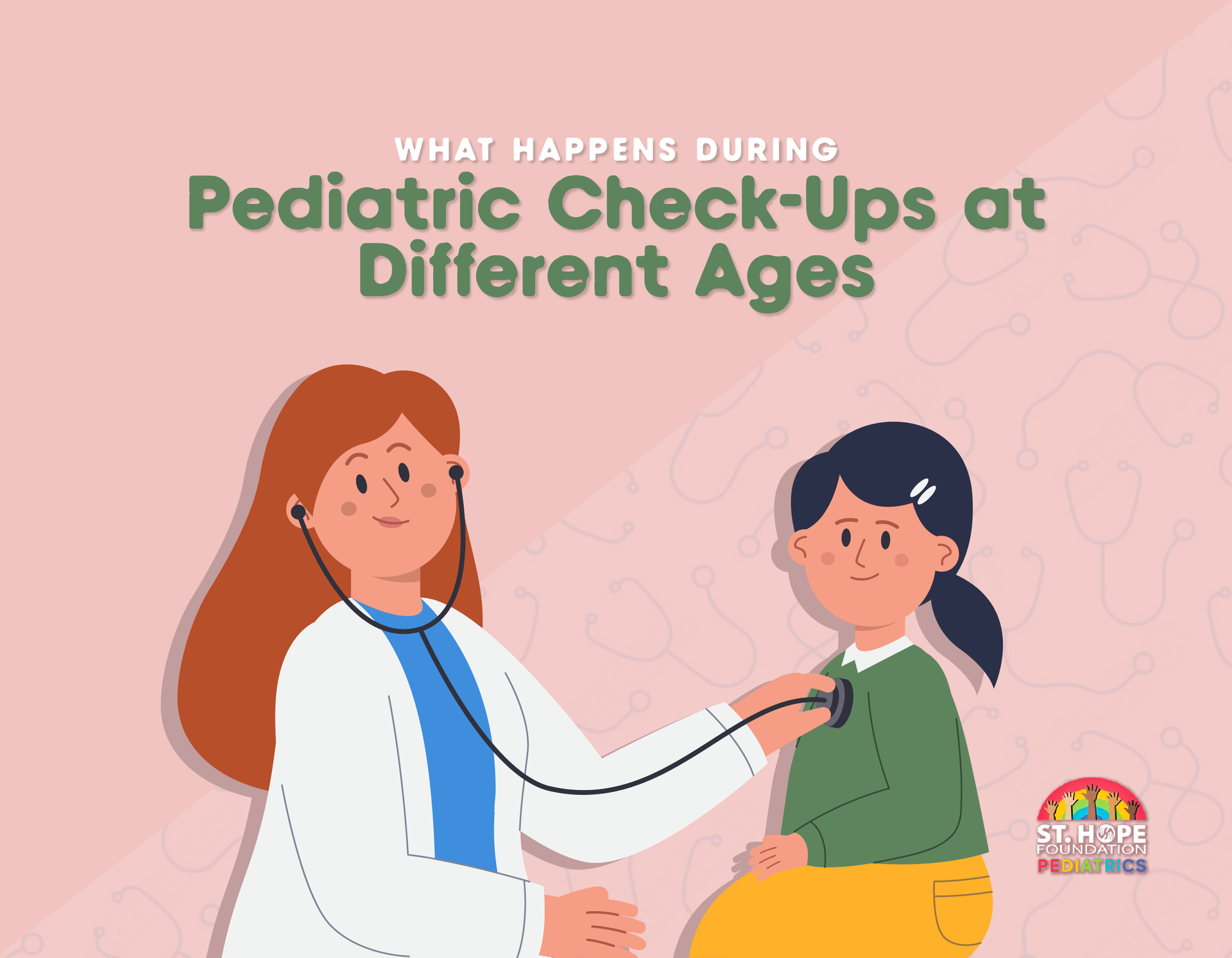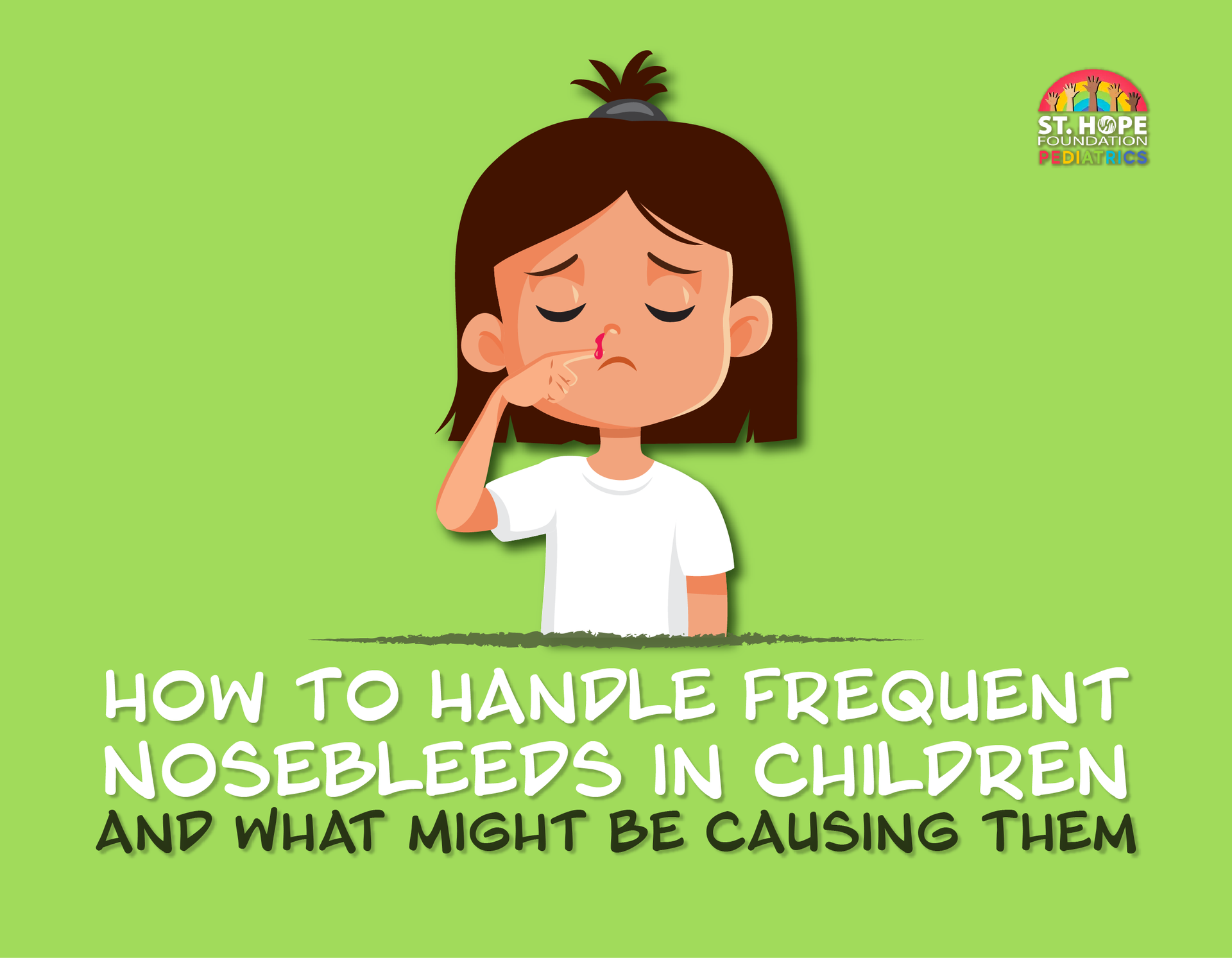
If your child is having frequent nosebleeds, you're not alone and it's understandable to feel concerned. While the occasional nosebleed is common and usually harmless in children, frequent or heavy episodes can be alarming for parents and uncomfortable and embarrassing for kids. The good news is that most causes of recurring nosebleeds are treatable, and in many cases, preventable with the right care and support.
Why Do Kids Get Nosebleeds?
Nosebleeds in children occur mostly between the ages of 3 and 10 and are often due to irritation or injury to the blood vessels in the front of the nose. This area, known as Kiesselbach's plexus, contains many tiny, delicate vessels that are close to the surface and easily disrupted.
Here are some of the most common causes of frequent nosebleeds in children:
- Dry Air: Common in winter or in dry climates, low humidity can dry out the nasal lining, making it more likely to crack and bleed.
- Nose Picking or Rubbing: One of the most common triggers, mostly in younger kids who may not realize the impact of repeated touching or digging in their nose.
- Allergies or Colds: Chronic congestion, sneezing, or nose blowing can inflame nasal tissue and increase the risk of bleeding.
- Irritants:
Smoke, strong odors or air pollutants can dry and irritate the nose.
- Injuries:
A bump to the nose or face, even a mild one, can trigger bleeding.
- Structural issues: Some children may have a deviated septum or other anatomical features that make nosebleeds more likely.
- Underlying medical issues: While rare, frequent nosebleeds can sometimes point to clotting disorders, vitamin deficiencies or high blood pressure.
What to Do When Your Child Has a Nosebleed
It’s easy to panic when there’s blood coming out of your child, but most nosebleeds in kids look worse than they are. Follow these steps to safely manage the situation:
- Stay calm and reassure your child. Help them sit up straight to reduce blood pressure in the nose.
- Have them lean forward slightly. This prevents blood from running down the throat, which can cause coughing or vomiting.
- Pinch the soft part of their nose. Apply gentle pressure just below the bridge using your thumb and index finger. Hold for 10 minutes without letting go.
- Use a cool compress. Placing a cold cloth or ice pack on the bridge of the nose may help constrict blood vessels and slow the bleeding.
- Don’t pack the nose with tissue. This can irritate the lining and restart the bleeding once removed.
Most nosebleeds stop within 10 to 15 minutes. If bleeding persists longer, seems unusually heavy or happens more than once a day, it's time to consult your pediatrician.
How to Prevent Recurring Nosebleeds
Preventing nosebleeds often comes down to protecting and moisturizing the delicate tissue inside the nose. Here are a few tips to reduce how often they occur:
- Run a humidifier in their room at night to keep nasal passages moist, especially during the winter months or in dry climates.
- Apply a saline nasal spray or gel daily to moisturize the inside of the nose.
- Discourage nose picking and rough rubbing. Teach kids to gently dab their noses instead of wiping or picking.
- Trim fingernails to reduce the risk of scratching or damaging the nasal lining.
- Keep allergy symptoms under control. Use pediatric-safe antihistamines or nasal sprays as recommended by your doctor.
- Keep them hydrated. Drinking enough water supports overall mucous membrane health.
- Watch for environmental triggers. Try to keep them away from secondhand smoke or overly dry heat sources.
When to See a Pediatrician
Frequent nosebleeds are worth mentioning to your pediatrician, especially if you notice any of the following:
- Nosebleeds happening more than once or twice a week
- Bleeding that lasts longer than 20 minutes
- Nosebleeds accompanied by bruising or unusual bleeding elsewhere
- Signs of anemia, like fatigue or pale skin
- A family history of bleeding disorders
Your pediatrician may perform a physical exam, check for allergies or order tests to rule out clotting problems or other medical conditions. In some cases, referral to an ENT (ear, nose and throat specialist) may be recommended for further evaluation or treatment.
Your Child’s Health is the Priority of Our Houston Pediatricians
At St. Hope Pediatrics, we know how stressful frequent nosebleeds can be for both parents and children, and we’re here to help you find answers and relief. Our experienced pediatricians will evaluate the underlying cause, offer treatment options and help you build a plan to manage and prevent future episodes.
Schedule an appointment with St. Hope Pediatrics today by calling (713) 778-1300.

